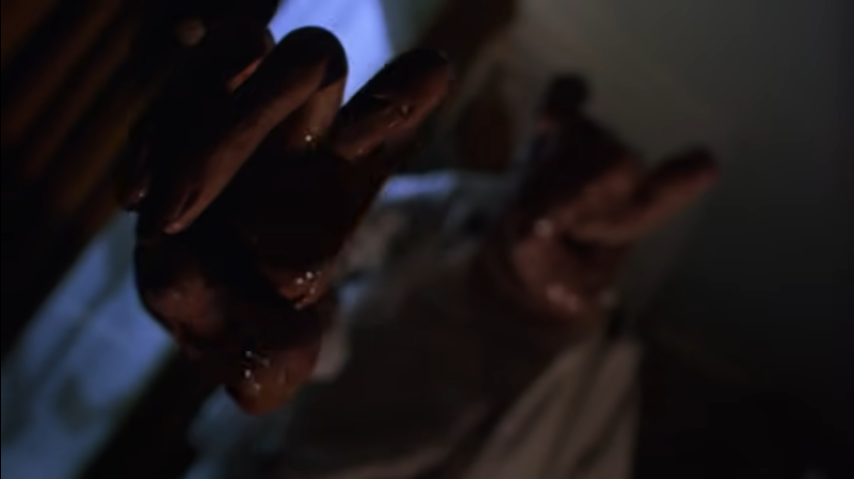
The popularity of the Godzilla films in their heyday did not just lead to homegrown competitors and imitators—as we saw with Yongary and Gorgo, film makers worldwide sometimes made their own attempts at similar monster material. I’ve written about that particular “Monster Boom” period pretty extensively, but a very similar pattern emerged following Pokémon, a later monster-based phenomenon that was clearly inspired by nostalgia for the original Monster Boom. That series’ thundercrack emergence in the late nineties led to a plethora of other media based on the idea of monster collecting and battling, especially in Japan, and I’ve written about some of those as well (you can also find a surprisingly deep recollection of even more Pokémon coattail riders in Daniel Dockery’s 2022 book Monster Kids)–but wouldn’t it be interesting to see how the basic ideas of a monster collecting franchise could be filtered through a completely different cultural lens?
This brings us to Monster Allergy, an Italian kids comics-turned-attempted-franchise that doesn’t outright announce its indebtedness to Pokémon and the other kids monster series of its era, but come on—it’s about “monster tamers” capturing monsters in small objects, and that alone makes the connection obvious. It’s certainly no rip-off, as any similarities largely disappear past those barest of surface elements, and instead follow more traditional western low fantasy storytelling. But regardless of the degree of intention, this does represent a very European take on some of Pokémon‘s core ideas, a kid-focused adventure in a monster-filled world, and In this way, it is to Pokémon what a Gorgo or a Reptilicus was to the original Godzilla.





